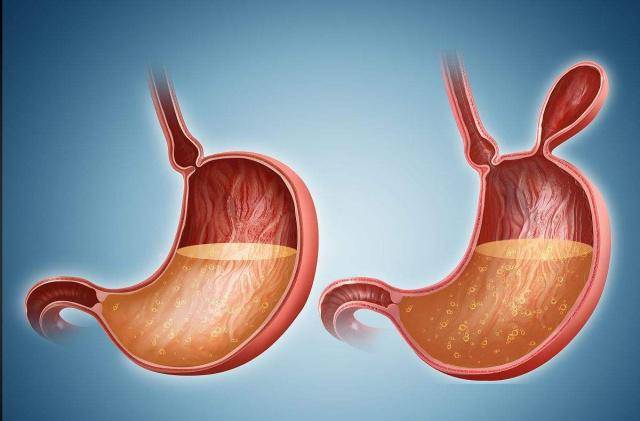The digestive system is the most important channel for the human body to absorb nutrients, and the stomach is the most important digestive organ, affecting the operation of other organs in the body. As the old saying goes, “Internal injuries start with the spleen and stomach, and hundreds of diseases arise.” So when the stomach is uncomfortable, other parts of the body also become uncomfortable.
China is a country with a high prevalence of stomach diseases, and many people suffer from stomach problems. There are many symptoms of poor digestion and stomach health, and it is helpful to compare them to determine which disease one might belong to:
– **Symptom 1:** Often feeling obstructed, stagnant, or pain behind the sternum, with varying degrees of severity, possibly indicating esophagitis, esophageal diverticulum, or early esophageal cancer.
– **Symptom 2:** Pain in the upper abdomen after meals, accompanied by nausea, vomiting, a feeling of food stagnation, with regular pain triggered by cold, anger, or eating spicy foods. This situation could indicate stomach ulcers.
– **Symptom 3:** Belching without acid reflux, poor appetite, continuous weight loss, mild pallor or grayness in complexion. This scenario may indicate chronic gastritis, possibly chronic atrophic gastritis or gastropathy.
– **Symptom 4:** A highly cautious situation that could indicate early stomach cancer, with symptoms such as abdominal bloating and pain after meals, frequently accompanied by nausea, vomiting, occasional hematemesis, a history of worsening stomach problems, or new stomach issues without prior history, along with anemia, emaciation, loss of appetite, and a hard lump felt around the navel or the pit of the stomach.
Whatever the symptom, one-third medicine and seven-thirds regimen, maintaining good intestinal and stomach health is crucial for overall body health, and dietary adjustments are essential. Corn is an affordable stomach-friendly ingredient that is both delicious and nutritious.
When it comes to corn, it is considered a treasure, recognized internationally as a “golden crop.” It is believed to “harmonize the middle and stimulate appetite” according to “Compendium of Materia Medica,” and “stomach tonic” according to “Revised Materia Medica,” with effects such as diuresis and reducing swelling, tonifying the spleen, resolving dampness, and regulating liver and gallbladder functions. People with stomach problems may benefit from consuming corn daily.
Whether boiled in soup or steamed with rice, corn is an easily manageable ingredient. Many people habitually peel the corn husks before cooking, but leaving the husks intact during cooking provides excellent diuretic and anti-inflammatory effects, reducing internal heat. Additionally, a clever method is to cook corn with salt, enhancing its natural sweetness. Soaking the corn for 15-30 minutes before boiling can also enrich the nutritional content of the corn.
Moreover, corn silk, known as “dragon beard” in traditional Chinese medicine, can be steeped for tea to help lower high blood pressure, cholesterol, and blood sugar levels while promoting diuresis and reducing swelling. Stewing pig pancreas with corn silk is a good remedy for lowering blood sugar levels in TCM practice.
For stomach health management besides consuming corn, here are four daily practices to maintain a healthy stomach:
1. Be selective in food choices. Opt for foods that are good for the intestines and stomach and avoid or reduce intake of harmful foods such as carbonated drinks, pickled foods, highly processed foods, high-fat and high-calorie foods, cold drinks, and strong tea.
2. Chew slowly. Chew thoroughly before swallowing. Inadequate chewing during meals can burden the stomach’s digestion. It’s recommended to chew each bite 10-20 times.
3. Massage the stomach. There’s a stomach health acupoint called the “middle epigastric fossa.” Rubbing this area before bed or upon waking can alleviate symptoms of poor appetite, abdominal distension, and indigestion.
4. Stand up after meals. Avoid immediately sitting down after eating, and especially avoid lying down as stomach acid can reflux into the esophagus. Standing for a while after meals aids in digestion.


